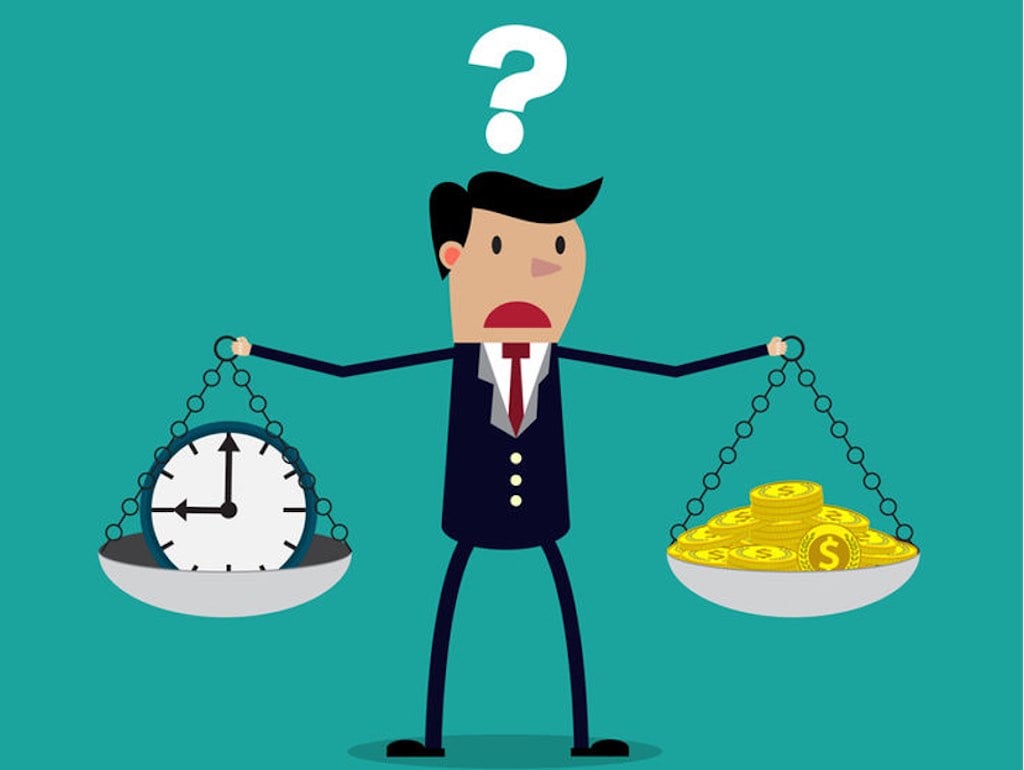Factors that Affect Foreign Exchange Rates: The exchange rate of a country’s currency plays a key role in its economic health as well as trading. This is important to free-market economies around the globe.
This is why exchange rates are often analyzed and watched as a tool to predict economic growths. That’s not all, exchange rates also have an impact on the returns investors expect from their portfolio.
Keep reading to discover the main factors that affect foreign exchange rates.
Economic health
The economic performance of a currency determines its exchange rates. If a country has a low level of unemployment, this means the people there have more cash to spend.
Advertisement
Content in this Article
This helps the economy to flourish. It also translates to the fact that a strong economy will attract more foreign investors. The exchange rate of the currency will be healthy; inflation will also be reduced.
Interest rates
The interest rate of a country closely affects the inflation and exchange rate of an exchange rate. Usually, interest rates act as a modulator to regulate inflation. Most often, higher interest rates often affect the exchange rate of the economy.
If investors have to pay so much interest after borrowing, the exchange rate will be affected. To maintain a formidable exchange rate most central banks try as much as possible to balance their interest rates so it doesn’t affect their exchange rate adversely.
Political stability
Political instability will always hurt the exchange rate of a currency. On the other hand, when there is political stability in a country, more foreign investors are attracted.This improves the strength of its currency’s exchange rates.
It’s also important to state that political stability has an impact on the local economic drivers as well as the financial policies. These tools have long-term effects on the exchange rate of a currency.
The currencies of countries with good political stability often have higher and stronger valued currencies. Switzerland is a perfect example.
Inflation rate
This should come first because it’s a fundamental factor that affects the exchange rates of currency. Inflation is the overall purchasing power of a particular currency, compared to others.
For instance, it may cost a unit of cash to purchase an apple in one nation. However, the same item may cost 1,000 units of an alternate currency to purchase a similar apple in a country with higher inflation. This difference in the level of inflation is the basics of why various currencies have distinctive buying abilities and thus, there are differences in currency rates.
All things considered, nations with low inflation normally have more grounded currencies as contrasted with those with higher inflation rates.
Balance of trade
Also referred to in terms of trade, the balance of trade of a country plays a major role in its currency’s strength. Balance of trade is the difference between imports and exports of countries.
A positive balance of trade makes a country’s currency stronger; while the opposite makes it weaker. The export trades of a country must be more than its import trades to maintain a positive balance of trade.
With a positive balance of trade, the economic growth of a country is strengthened. This also boosts the exchange rate of its local currency. Also, the foreign exchange reserves of the country improve. All these will contribute to lower interest rates.
Conclusion
The strength of a country’s currency affects its foreign exchange rate. While inflation and interest rates play a major role, the political stability of a country also matters. The balance of trade and overall economic health is also important. Finally, the best foreign exchange rates are gotten from the varied FX markets.

